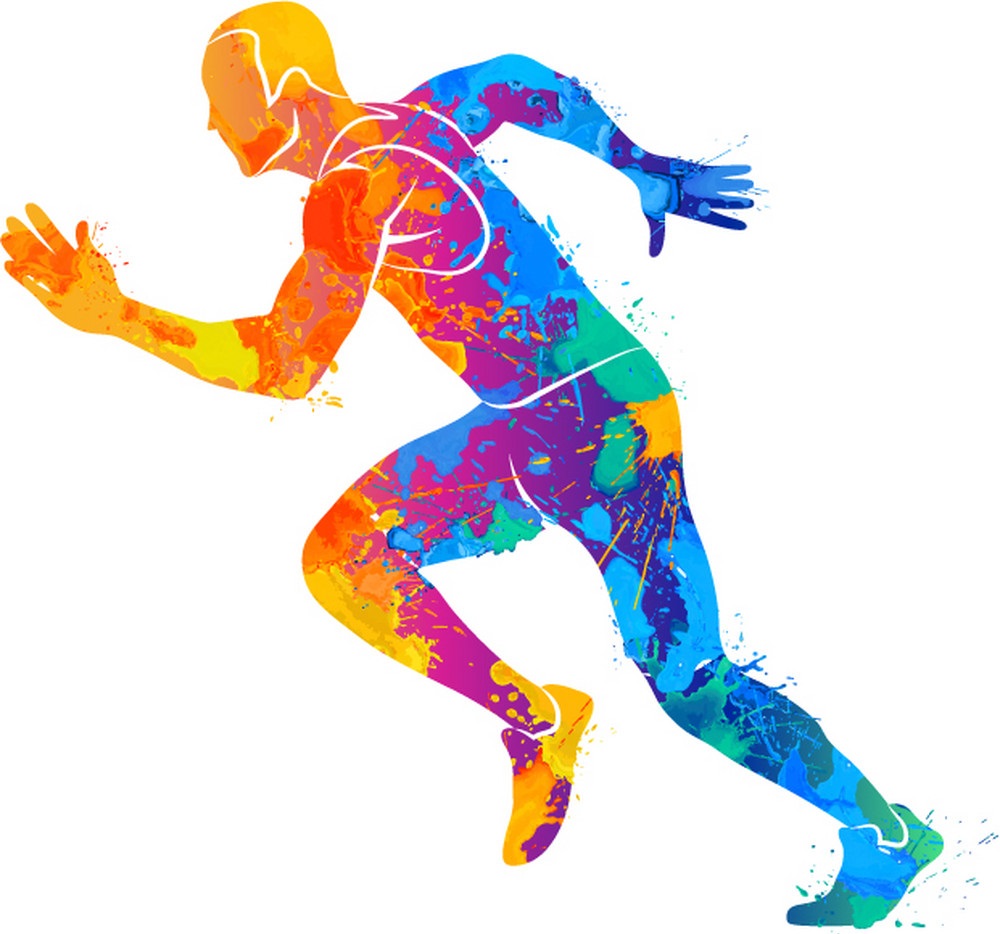Ask any runner or athlete & they will tell you that optimal & superior performance in running & other endurance activities are dependent on many variables. Some variations such as physical training & nutrition are within their control while others such as age & genetics are not.
The extent & intensity to which genes impact our athletic/running performance has been doing rounds for some years now. There is no doubt that genetics play an important role in endurance based activities. Innate ability for distance running is largely attributed to East African runners over the last some decades. Every major road race has been dominated by athletes coming from East Africa-Kenya & Ethiopia with 98% success rate. Many physiological characteristics that impact athletic performance are genetically influenced. Trainability, VO2 max (main indicator of running potential) and a person’s optimal oxygen consumption are 50% genetically influenced.
Genetics has a big role to play over traits such as muscle fibre type, flexibility, how easily you can attract injury, metabolism. All these factors are really important determining ability for running/endurance based events.
ACTN3- the speed gene is common in power athletes. The gene regulated ACTN3 protein is produced in fast twitch muscle fibre. Deficiency of ACTN3 protein results in low proportion of fast twitch muscle fibre (more of slow twitch muscle fibre). Having efficient ACTN3 protein allows fast muscle contraction for sprinting & muscle strength.
Each genotype of speed gene has a different role when it comes to muscle composition. The XX genotype has full ACTN3 protein deficiency & RR genotype has ACTN3 protein efficiency. Both have potential significant differences when it comes to power performance, muscle injury & flexibility.
Let us discuss these three parameters in detail
- Power performance: Not all those who carry this speed gene are professional athletes. However those having this gene & follow professional sports, it can have stark difference when it comes to performance. In Fact these genes can help sports coaches specifically for those in Rugby to structure their team. Players with a high proportion R variant of this gene are given the back position given that this variant corresponds for speed generation while XX variant corresponds for sustainable endurance activity.
- Muscle Injury: Injury is a concern for Athletes & those engaged in professional sports. Depending upon the variant of this gene, you may be less or more prone to injury. Carriers of the R variant are known to have a great level of muscle mass indicating ability to sprint at fast speed like that required in rugby. These variants are less prone to muscle injury. On the other hand XX variants are more prone to injuries.
- Flexibility: This is an important aspect of sports performance & is specifically important for sports such as gymnastics, divers & dancers. Flexibility is important for cardiovascular health & reduces incidence of many diseases. Individuals with XX variant have higher trunk flexibility. These individuals have higher survival advantage due to its full ACTN3 protein deficiency allowing for increased muscle flexibility.
It is also important to note that genetics has a major influence over lactate threshold which can lead to early muscle fatigue or impaired recovery. During workout, lactate is produced & utilized by muscles throughout the body. The ability to shuttle lactate to muscle tissues is an important aspect in minimising fatigue. Variation in genes MCT1 is associated with problems in movement of lactate throughout the body & early fatigue.
Risk of tendon & ligament injury is also attributed to genes. Pair of genes that make collagen proteins- COL1A1 & COL5A are important for strengthening tendons & ligaments. Variation in these genes are associated with risk of these injuries such as ACL injuries, shoulder dislocation & tennis elbow.
Performance based factors are only part of the equation when it comes to optimizing running potential. Other areas, such as proper nutrition and mindset or motivation are as important as genes influence. It is interplay between genes & environment that can ultimately help the athlete in us realize our full potential.
Discover your personal trait to figure out if you have that athletic & running potential. We use genetic traits & insights to provide you with a comprehensive & personalised fitness solution through our live online fitness coaching.If you are someone looking to have an athletic build or want to get into professional sports, our personalised solution delivered by our international certified fitness coaches will provide stepping stone to get into world of professional sports. Sign up here:


Leave a Reply